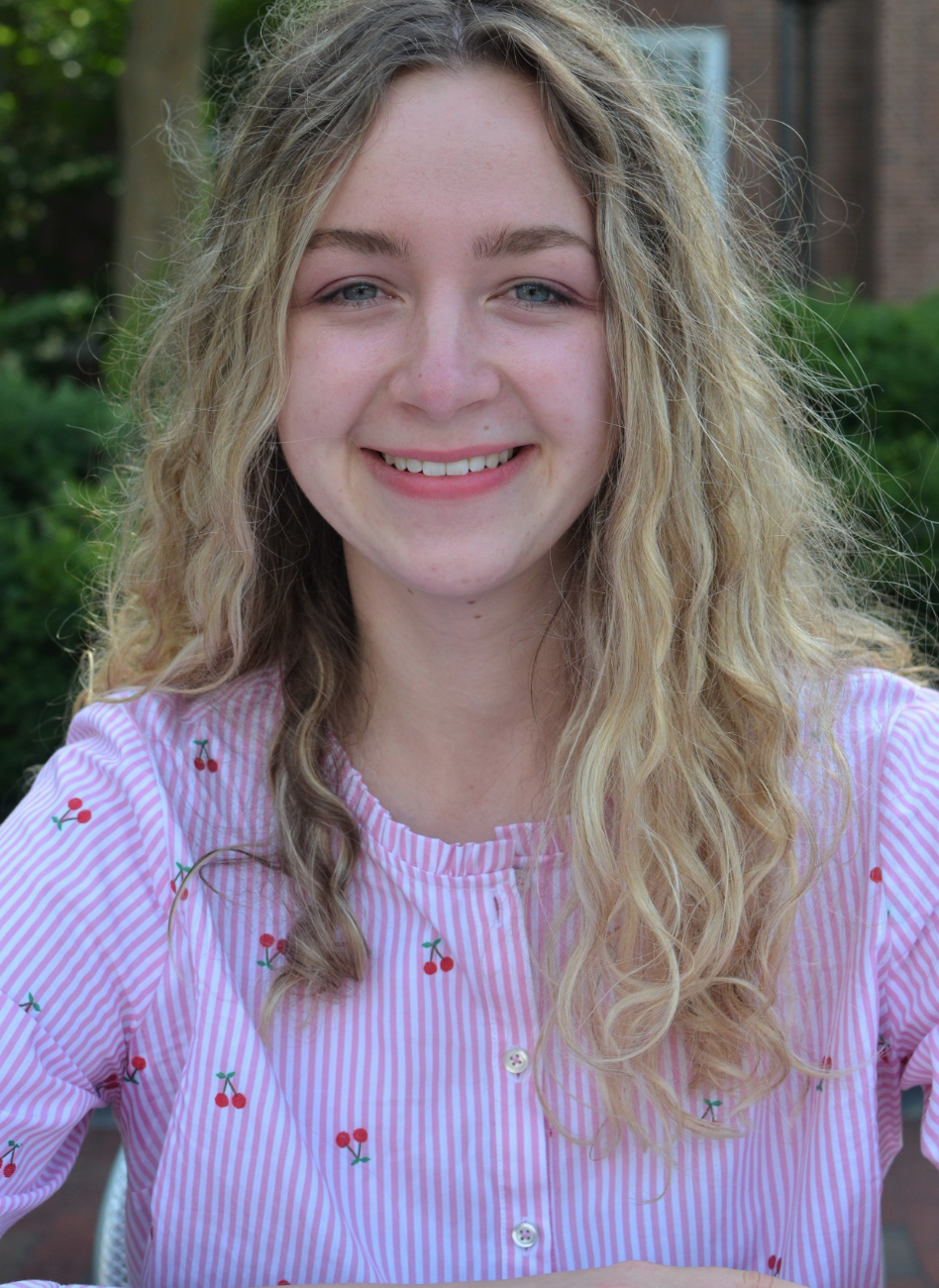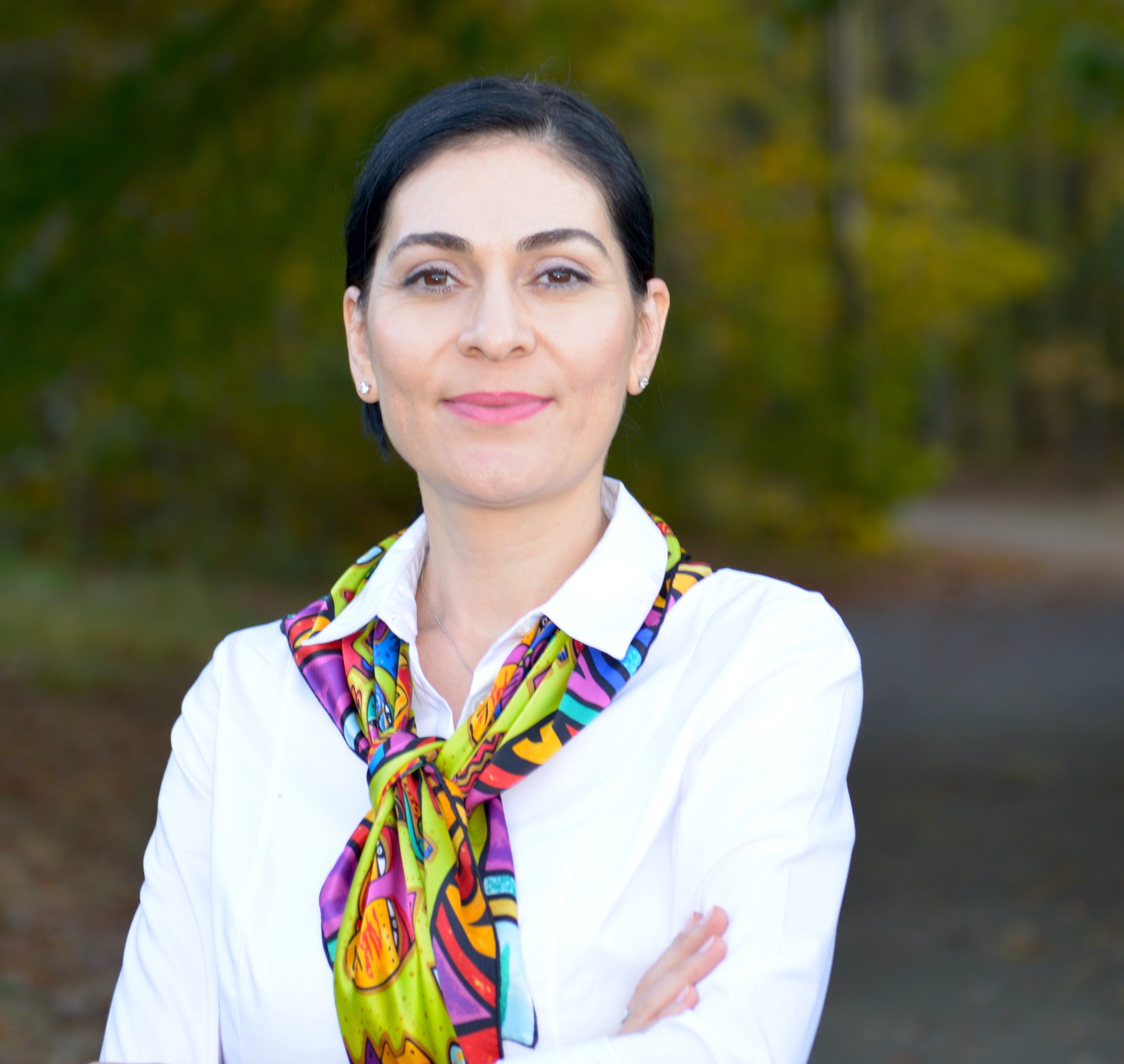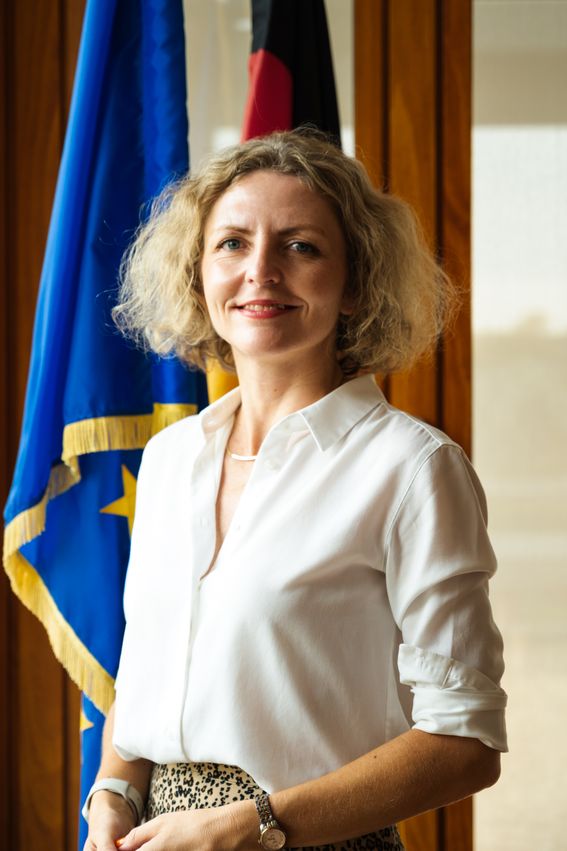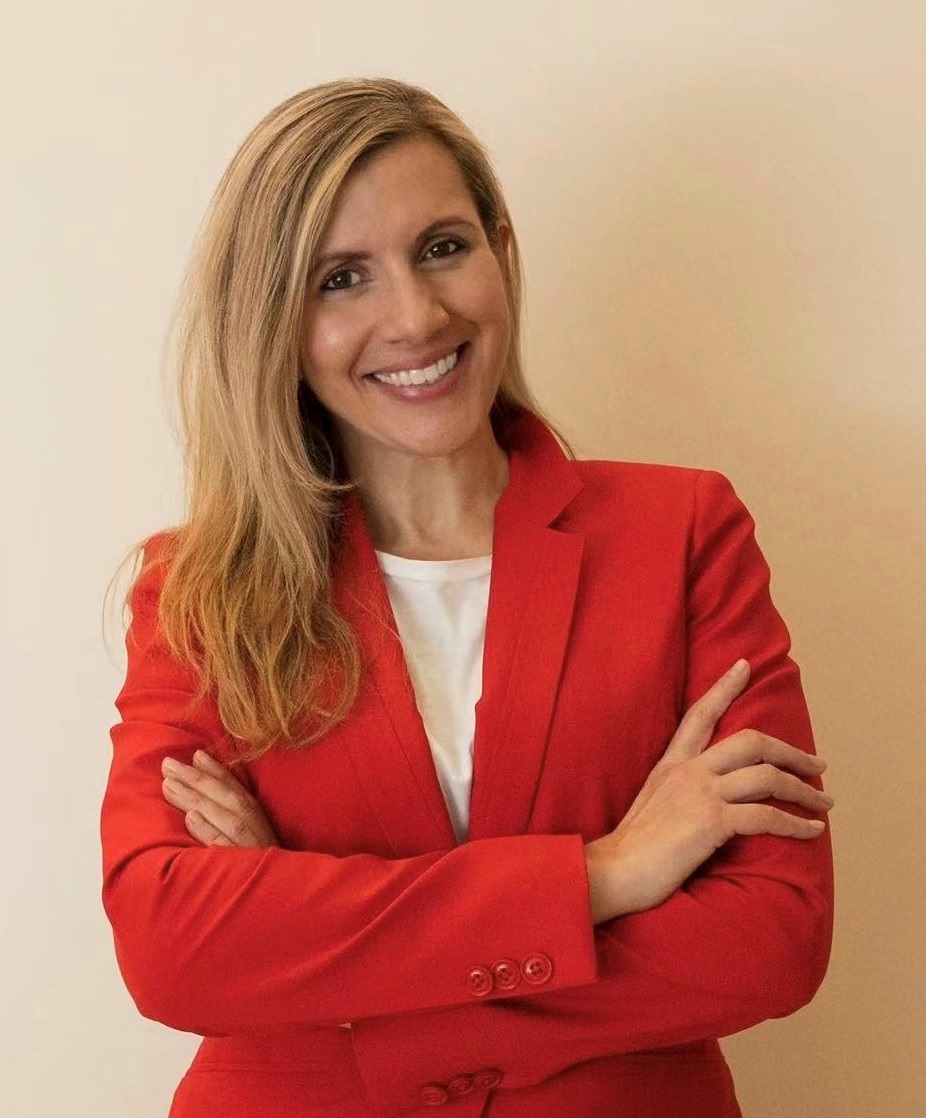Ona Ambrozaite
Ph.D. Candidate in Chemistry, Johns Hopkins University and WiSDA Board Member
Finding your support system is crucial in order to enable initiatives like the Women in Science Diplomacy Association (WiSDA), founded in 2023. I am so fortunate to work with devoted, talented, and kind women leaders -- in diplomacy, NGOs, academia, and more -- to push forward and break any ceilings out there for women in STEM.
























